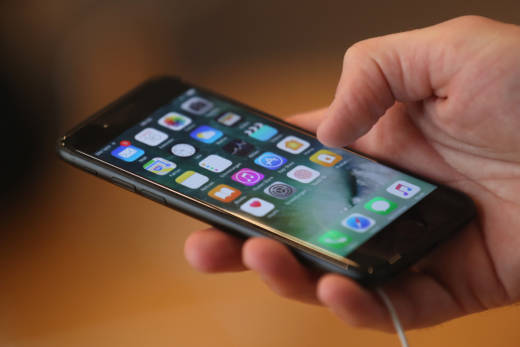Apple is closing a security gap that allowed outsiders to pry personal information from locked iPhones without a password, a change that will thwart law enforcement agencies that have been exploiting the vulnerability to collect evidence in criminal investigations.
The loophole will be shut down in a forthcoming update to Apple's iOS software, which powers iPhones.
Once fixed, iPhones will no longer be vulnerable to intrusion via the Lightning port used both to transfer data and to charge iPhones. The port will still function after the update, but will shut off data an hour after a phone is locked if the correct password isn't entered.
The current flaw has provided a point of entry for authorities across the U.S. since the FBI paid an unidentified third party in 2016 to unlock an iPhone used by a killer in the San Bernardino mass shooting a few months earlier. The FBI sought outside help after Apple rebuffed the agency's efforts to make the company create a security backdoor into iPhone technology.
Apple's refusal to cooperate with the FBI at the time became a political hot potato pitting the rights of its customers against the broader interests of public safety. While waging his successful 2016 campaign, Donald Trump ripped Apple for denying FBI access to the San Bernardino killer's locked iPhone.

